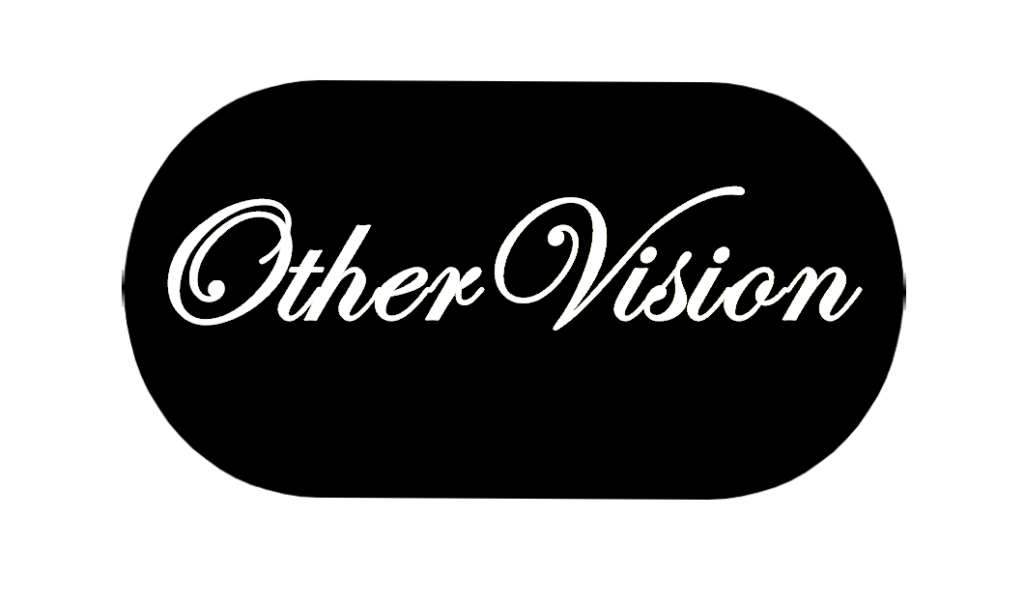Sustainable Energy Options & Solutions
The future of renewable energy
Sustainable energy is becoming increasingly important as we face the challenges of global warming, rising energy costs, and resource depletion. It is essential to develop and implement sustainable energy solutions that can meet our energy needs while minimizing environmental impacts. This article will explore the best solutions for sustainable energy and their benefits.
Renewable Energy:
Renewable energy is the most popular and promising solution for sustainable energy. Renewable energy sources like solar, wind, hydropower, and geothermal energy can produce electricity with minimal environmental impact. Solar energy is the most abundant and widely available form of renewable energy. It is a clean, reliable, and cost-effective source of energy. Solar panels can be installed on rooftops or in open areas, and the energy produced can be used to power homes, businesses, and even entire communities. Wind energy is another important form of renewable energy. Wind turbines can be installed on land or offshore, and the energy produced can be used to power homes, businesses, and even entire cities. Hydropower and geothermal energy are also important sources of renewable energy. They use the power of water and the earth’s heat to produce electricity.
Energy Efficiency:
Energy efficiency is another important solution for sustainable energy. Energy efficiency means using less energy to achieve the same results. Energy-efficient appliances, buildings, and vehicles can significantly reduce energy consumption and costs. Energy-efficient buildings are designed to minimize energy waste and maximize energy efficiency. They use efficient lighting, heating, and cooling systems, insulation, and other features to reduce energy consumption. Energy-efficient vehicles are designed to use less fuel and emit fewer greenhouse gases. They use hybrid or electric engines, advanced aerodynamics, and lightweight materials to reduce fuel consumption and emissions.
Bioenergy:
Bioenergy is another important solution for sustainable energy. Bioenergy uses biomass like wood, crops, and organic waste to produce energy. Biomass can be used to produce electricity, heat, and biofuels. Bioenergy is a renewable energy source that can be used to replace fossil fuels. It can also reduce waste and create new economic opportunities. Bioenergy can be produced from a variety of sources, including forestry, agriculture, and municipal waste.

Nuclear Energy:
Nuclear energy is another important solution for sustainable energy. Nuclear energy is a low-carbon source of energy that can produce large amounts of electricity with minimal environmental impact. Nuclear power plants use nuclear reactions to produce heat, which is used to generate electricity. Nuclear energy is a reliable and cost-effective source of energy, but it is also controversial. Some people are concerned about the safety and environmental risks associated with nuclear energy. Others believe that nuclear energy is necessary to meet our energy needs while minimizing greenhouse gas emissions.
In order to achieve a sustainable energy future, it is crucial to take a comprehensive and integrated approach that incorporates all the available solutions. For example, combining renewable energy sources with energy efficiency measures can result in a significant reduction in energy consumption and costs. Similarly, using bioenergy in conjunction with other sustainable energy solutions can help to address waste management issues and provide economic benefits.
Furthermore, it is important to consider the social and economic impacts of sustainable energy solutions. For example, the deployment of renewable energy technologies can create new jobs and stimulate economic growth in local communities. On the other hand, the transition to sustainable energy may also have negative social and economic impacts on communities that rely on traditional energy sources. Therefore, it is crucial to develop and implement policies and programs that can help to minimize the negative impacts of the transition to sustainable energy.
In addition to technological and policy solutions, individual and community action is also crucial for achieving a sustainable energy future. Individuals can take simple steps such as reducing their energy consumption, using public transportation, and adopting energy-efficient practices in their homes and workplaces. Communities can also work together to develop and implement sustainable energy projects, such as community solar or wind farms.
Overall, achieving a sustainable energy future is a complex and multifaceted challenge that requires a collaborative and integrated approach. It is important to recognize the benefits and limitations of each solution and to develop a tailored approach that meets the specific needs and circumstances of each community. By working together and taking action at all levels, we can create a sustainable energy future that benefits both people and the planet.
Sustainable energy is essential for the future of our planet. Renewable energy, energy efficiency, bioenergy, and nuclear energy are some of the best solutions for sustainable energy. Each solution has its own advantages and disadvantages, and the best solution depends on the specific needs and circumstances of each community. We must work together to develop and implement sustainable energy solutions that can meet our energy needs while minimizing environmental impacts. Sustainable energy is not only essential for the future of our planet but also for the health and well-being of future generations.



